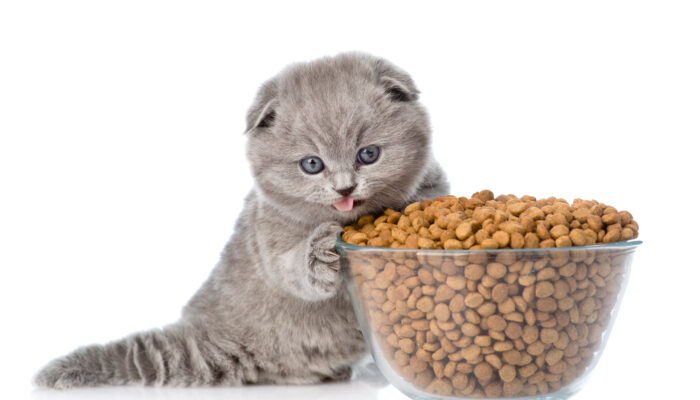
Ulcerative Colitis: Overview and Diet Tips
Ulcerative colitis is an inflammatory bowel disease that causes long-lasting ulcers and inflammation in the digestive tract, ranging from mild to severe. The disease affects the innermost lining of the large intestine and rectum. Symptoms normally develop over time, and can include abdominal pain, diarrhea, rectal pain, rectal bleeding, weight loss, and fatigue. Patients should maintain a healthy lifestyle and follow a balanced diet for a faster recovery.
An overview of ulcerative colitis and dietary tips include the following:
1. About ulcerative colitis
Ulcerative colitis is an inflammatory bowel disorder that causes ulcers and long-lasting inflammation in the digestive tract. This condition distresses the inner lining of the colon and the rectum, and its symptoms can be easily missed and may only come to light when the disorder becomes severe. The condition can also lead to life-threatening complications in rare cases.
A definite cure for ulcerative colitis is still unknown, but following some diet tips and a healthy lifestyle can help people affected by the condition.
2. Symptoms of this condition
Most individuals with ulcerative colitis withstand mild to moderate symptoms, but the signs can vary depending on the severity of inflammation. Patients experience pain in the rectal area, diarrhea with blood in stools, and abdominal pain and cramping. Ulcerative colitis also brings about weight loss, fever, and slow growth in children. Besides, patients might face difficulty during bowel movements in spite of the urgency.
3. Diet tips for managing ulcerative colitis
Proper nutrition is the best way for the body to restore itself and the affected organs, so a healthy diet is important for patients as ulcerative colitis can decrease their appetite drastically. Chronic ailments tend to escalate the energy needs of the body, especially during flare-ups, but this condition can be managed with proper nutritional support and care.
Here are some suggestions that may work for people affected by this condition:
- Follow a low-residue diet including foods like fruits, vegetables, and grains
- Lower the intake of dairy products like milk, cheese, and butter
- Boost up the metabolism with low-fat and nutritious foods
- Try to avoid spicy food as it may lead to gas or acid reflux
- Increase the consumption of water throughout the day
- Consume more fiber-rich foods like cereals, bread, fruits, and vegetables
4. A low-residue diet for ulcerative colitis
A low-residue diet aims to lower the quantity of dietary fiber and residue in the body as undigested food causes irritation in the bowel system, and such a diet can help relieve abdominal pain and cramping.
The goal of a low-residue diet is to reduce the frequency of stools passed and lower the irritation in the intestine due to the residue that the body fails to digest. Controlling the consumption of such residue would help the large intestine work properly, and this condition can be managed more effectively.




